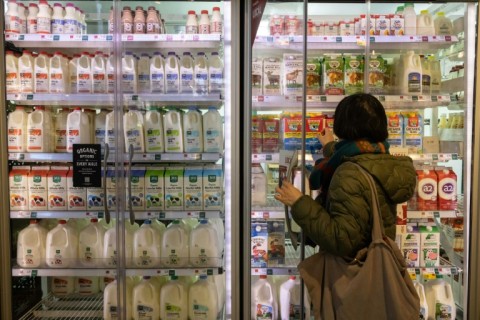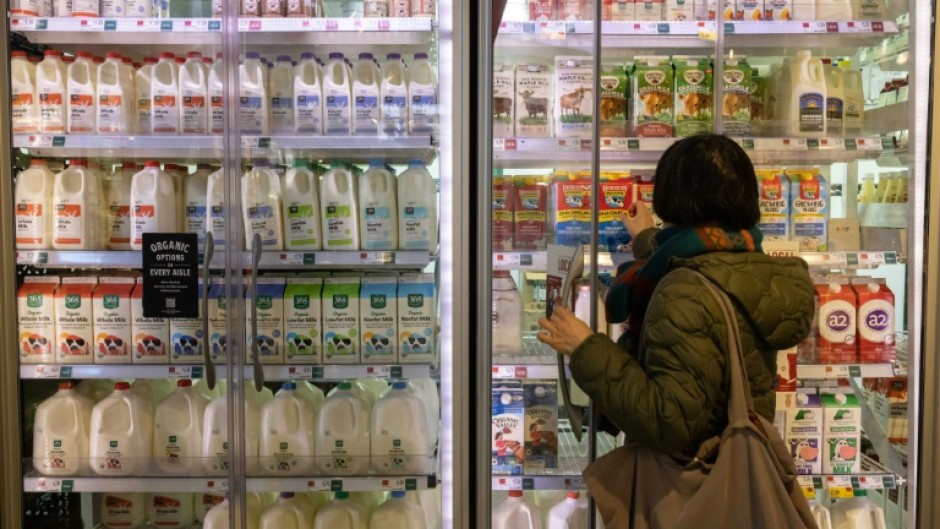
NEW YORK - A key indicator of US inflation edged down in November, in welcome news to households grappling with soaring costs while spending slowed.
This extends a downward inflation trend in recent months as officials try to cool the world's biggest economy, though it is unlikely to bring quick relief from a forceful campaign to rein in prices.
The US Federal Reserve's preferred inflation measure, the personal consumption expenditures (PCE) price index, rose 5.5 percent last month from November 2021, Commerce Department data showed.
This was below the October level but remains significantly higher than policymakers' target of two percent inflation.
The central bank focuses on the PCE price index as it reflects actual spending of consumers, including shifts to less expensive items, unlike the better-known consumer price index.
From October to November, the PCE price index increased 0.1 percent, boosted by food prices, likely pointing to further tightening by the Fed.
But an easing of inflation pressures overall has boosted consumer sentiment in December, rising five percent from last month, according to a separate survey by the University of Michigan.
Although "sentiment remains relatively downbeat," consumers' extremely negative attitudes have improved, said survey director Joanne Hsu in a statement.
Meanwhile, expenditures appear to be "softening" with a drop in auto spending, although spending on services shows few signs of faltering just yet, said Ian Shepherdson of Pantheon Macroeconomics.
Household spending, which has proven resilient in the face of decades-high inflation, jumped 0.1 percent from October to November, the Commerce Department data showed.
While there may be holiday distortions to the latest figures, "it seems reasonable to expect people to become more cautious," Shepherdson added.
This is because consumers would have "run down about half of their accumulated pandemic savings, and labour market conditions are softening," he said.
Personal incomes also rose 0.4 percent from October, official data indicated.

